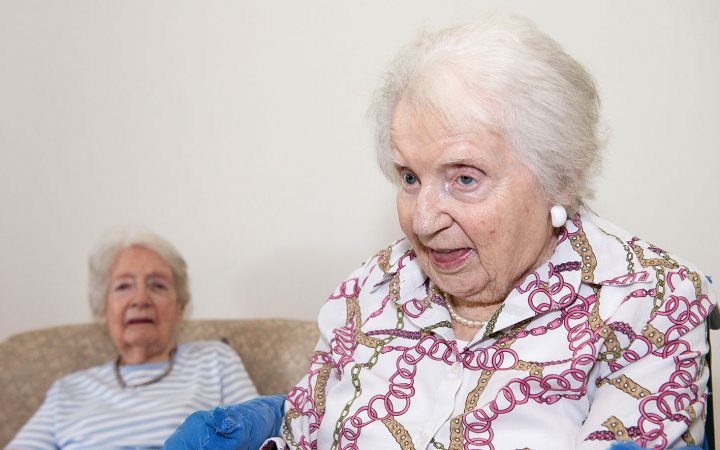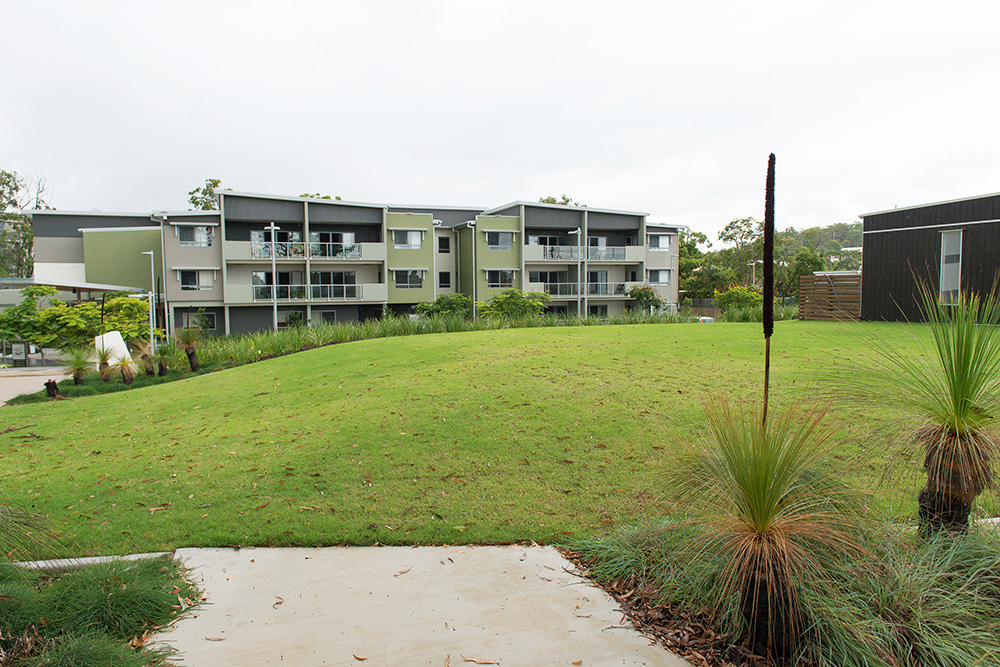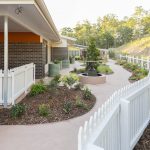What does care for the elderly look like in a country like Australia? Our Australian sales partner Active Medical gave us an interesting glimpse in an interview. This is part 2 of the interview:
What is unique about the concept of the senior citizen village in terms of care for the elderly?
It makes it possible for the senior citizens to continue leading their daily lives gracefully. It is unique because the residents are actually not locked away, but live in a community designed around the individual needs of elderly people. Eventually, qualified personnel will take on the nursing duties, as and when they are needed. Most villages have a care facility attached so that it is easy for the residents to move there in a very uncomplicated way, once they feel it is necessary.
How do you deal with the increasing number of people living with dementia? What concepts are there to deal with the side effects of dementia such as agitation, restlessness and disorientation?
Nowadays, we live much longer than ever before, even in comparison to 50 years ago. It is inevitable that our brains are also becoming ever older. How we face this fact is very important. Our awareness of it is decisive, as is the case for every other disease. When it comes to dealing with the side effects, health care institutions try to act proactively. In the past, sedation was the only remedy, as well as distraction of dementia patients. Generally, good institutions try to ensure that each resident is kept calm by being able to do familiar activities. If, for example, a man with dementia likes Borussia Dortmund, then the nursing staff will show an old football match on TV or look at a book on the subject together with the patient. Or they might draw or cook something together. However, many institutions are still very unprogressive and sedate their patients, as mentioned before, or calm them down.

Julia and Mary are sisters. Julia`s husband died in 1956, when they had 3 children under 3 years of age. Julia was diagnosed with dementia when she was 54 years old. Although Mary was still very independent, she was not able to live without Julia, so she moved in with her to the care for the elderly home Hillview House in Ashmore, Queensland. This institution ensures that she can maintain her way of life and tries to keep the room arranged in a similar way to how the resident had their room arranged at home. Although Julia suffers from dementia, she was still comforted and enjoyed the familiarity of having Marys company every day.
Which recreational activities are popular among nursing home residents in Australia?
Because we normally enjoy good weather here, the nursing care institutions often offer outdoor activities or go on day trips and excursions. This may be a trip to the beach, an outing to the park or even a picnic. In winter, when it is too cold (below 20 degrees), or in the summer, when it is too hot (35-40 degrees), indoor recreational activities such as music, choir, playing games, doing puzzles, cooking etc. are offered. The institutions are also happy to invite special guests to take part in these activities.
In comparison to Germany, Australia is very open-minded towards the idea of using nursing robots. What do you think of this approach? Do robots have the potential to substitute nursing staff in future?
As in every other profession, there is of course the fear of being substituted by a robot, so the idea is not very popular among nursing staff. In our industry – especially if ones own parents or grandparents are also dependent on care – the idea of nursing senior citizens with a robot without any emotions is not very popular. Either way, I do not think this issue has been discussed thoroughly enough yet, which makes it very subjective. Furthermore, nursing staff in Australia are in the low-wage sector, so there is no immediate need to substitute personnel.
Let`s take a peek into the future. Apart from the fact that Active will be the market leader by 2020 – how will society, and with it the understanding of nursing care, change? Can you assess how the market will develop in the future?
Dementia and financial assistance from the government will be key topics in the future, which will become increasingly important and will determine the direction in which the market develops.
Active Medical has been supplying the market for care for the elderly since 1991. Not only are they passionate about care, but also about creating the best solution for the residents. Every institution and every resident is treated in a way as if they were unique. In the partnership, wissner-bosserhoff it was beneficial from the outset that both companies have a similar passion for nursing care. The interview is a compilation of the experience and expertise of the Active Medical Nursing Care team. The information was collected by Sam Dwyer, Marketing Manager. The Nursing Care team also includes Gavin Hungerford, Joanne Kearley, Amanda Muller and Michael Thrush.


